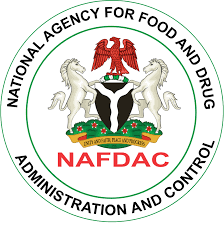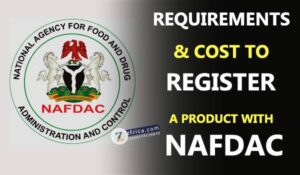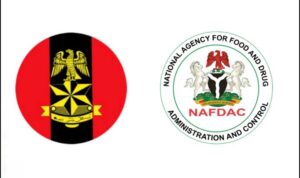Back to: MICROBIOLOGY 400 LEVEL
Welcome to class!
Hello there, superstar! I’m so glad to have you back. Today, we’re discussing something that affects every single product you eat, drink, apply, or take as medicine. Our topic is Regulatory Standards (e.g., NAFDAC, FDA). These are the guidelines that help ensure the foods and drugs you consume are safe, effective, and high quality. Let’s break this down together in a simple and very relatable Nigerian way.
Regulatory Standards (E.g., NAFDAC, FDA)
What are Regulatory Standards?
Regulatory standards are official rules and guidelines set by government agencies to control how food, drugs, cosmetics, and medical devices are produced, packaged, labelled, stored, and distributed. These standards ensure that products are safe for human use, properly made, and not harmful to health.

They also help to make sure that companies are honest and transparent about what they put in their products.
Key Regulatory Agencies
NAFDAC (National Agency for Food and Drug Administration and Control) – Nigeria
This is the most well-known regulatory body in Nigeria. NAFDAC ensures that the food, drugs, cosmetics, medical devices, and chemicals available in Nigeria are safe, effective, and of the right quality.
SON (Standards Organisation of Nigeria)
SON sets and monitors technical and production standards for all products made or sold in Nigeria, not just food and drugs.
FDA (Food and Drug Administration) – United States
The FDA performs a similar role to NAFDAC in the U.S. It’s relevant especially for companies in Nigeria that want to export their products or follow international best practices.

Roles of NAFDAC and Similar Agencies
Product Registration
Before any drug, packaged food, or cosmetic can be sold, it must be registered and approved by NAFDAC.
Example: A juice company in Enugu must submit its product for NAFDAC evaluation before it’s sold in supermarkets.
Facility Inspection
Factories are inspected to ensure cleanliness, proper equipment use, and adherence to Good Manufacturing Practices (GMP).
Lab Testing
Products are tested for harmful substances, correct dosage, expiration date, and microbial contamination.
Monitoring and Enforcement
NAFDAC monitors markets and can seize fake or substandard products, arrest offenders, and shut down unsafe facilities.
Education and Public Awareness
These agencies also create awareness through public campaigns about fake drugs, safe food handling, and product labelling.
Why Regulatory Standards Matter
They protect public health by preventing dangerous or fake products from reaching the public.
They promote trust—when you see that NAFDAC number on a bottle, you feel safer using it.

They support international trade—products that meet global standards can be sold in other countries.
They help companies grow by enforcing standard practices and encouraging continuous improvement.
Summary
- Regulatory standards are rules set to ensure products are safe and of high quality.
- In Nigeria, NAFDAC and SON are the main regulatory agencies.
- The FDA plays a similar role in the United States.
- These agencies register products, inspect factories, test samples, and remove harmful items from the market.
- Regulatory standards build public trust, improve product safety, and support global competitiveness.
Evaluation
- What is the full meaning of NAFDAC, and what is its main role?
- Mention two other agencies involved in setting standards.
- Why are regulatory standards important for consumers?
- List three activities that NAFDAC performs.
Understanding how regulatory standards work gives you the power to protect lives and ensure quality in the industry. You’re not just learning—you’re becoming a change-maker. Keep pushing forward with Afrilearn by your side. You’ve got this!
